-
Posts
131 -
Joined
-
Last visited
Content Type
Profiles
Forums
Gallery
Events
Posts posted by Seamus107
-
-
Looking forward to your survey results!
james
- grsjax, thibaultron, mtaylor and 4 others
-
 7
7
-
Pettersson rigging books are still for sale!
james
-
“To Build a Whaleboat” by Ronnberg is still for sale!
james
-
Scratch building can be very challenging but very rewarding. I tend to choose boats for which there are no kits, so I have had to become a scratch modeler. I agree with John, that research and planning is important. You have to create your own “instruction manual” from plans or drawings before you cut or glue anything. Sometimes the research into the model and discovering the history of the boat you are trying to model are as much fun as the modeling!
james
- Roger Pellett and mtaylor
-
 2
2
-
It was a scratch build of a leithbhad, based on plans from the historic ships of Ireland web site. I added a load of turf to the hold, for the visual effect and as a conversation starter. I believe ship models should have a little something that will encourage the viewer to stop, examine the model closely, and ask the modeler a few questions. I could share some photos of the model, if you should ever decide to build one.
james
- mtaylor, RichieS and Keith Black
-
 3
3
-
Welcome to Model Ship World! There are some fascinating Irish boats you could model, too. I have built a model of an Irish currach and recently finished a model of a Galway hooker. Lots of interesting nautical history from Ireland!
james
- mtaylor and Keith Black
-
 2
2
-
Thanks for sending me the link and photos of strip-planked peapod construction. We all hopefully learn something every day, and this forum is a good place to learn new stuff. Good luck on completing your house and unpacking everything. Looking forward to your progress reports when they resume. Maybe I will finish the Midwest peapod model, strip planking and all.
james
-
I started this kit more than twenty-five years ago, as an entry point into building ship models. Even as a completely naive modeler, I found many problems with the kit, especially with respect to the planking. I just couldn’t finish it, the planks seemed much too narrow, required bending in three directions (which wood doesn’t like to do), didn’t sit well on the forms, and didn’t resemble the planks on any of the small boats I see here in Maine. My experience with this kit almost discouraged me from pursuing the hobby any further.
I rescued the model from a shelf in the garage last week, after having had a lot of subsequent experience in scratch-building small model boats, to see it I could make something of it. I saw that the narrow “planks” provided with the kit produced a very unrealistic planking pattern as one worked around the curve of the hull toward the keel. I thought it was me and my inexperience at the time I worked on the model, until I looked around on this forum and saw the same results from other builders. From my observations here in Maine, peapods and dories usually have 5 wide strakes extending from stem to stern, often in a clinker-built arrangement, that look nothing like the planks in this model kit. See the attached photo below, which is a screen shot from a video about building a peapod.
I tried using lots of wood filler and sandpaper to disguise the planking lines and produce a smooth hull. It sort of worked on the outside, but not at all on the inside, where the twisted planks produced a ribbed look. Unsatisfactory. It doesn’t seem worth the effort to continue this way. I may recreate the stem and stern post, add a new midline plank, attach it to the base with the forms, and use this to create a hull with five overlapping strakes. Or, I may start from scratch and build a peapod model in the same way full-sized boats are built.
james
-
“Majority wins” is my motto in this case. If only one bulkhead seems to be too high or low, I assume the others are correct and sand down the high one or add material to the low one. Sanding away a bulkhead or two fore and aft of a low one might introduce asymmetry in the hull unless you do exactly the same on the other side, which then means you have substantially modified the shape of the boat. In my experience, the less you have to do to get a clean and true fairing job, the better.
james
- Canute, BrochBoating and mtaylor
-
 3
3
-
I no longer have his user name, and there seems to be no way to find out a user name on MSW even if you have the member’s real name. That’s why I contacted an administrator who might be able to connect me.
-
If I send you the member’s name, could you contact him and ask him to send me another personal message? I want to confirm that he received a book that I sent him.
james
-
A slip of the finger and a message thread disappeared. I would like to recover it if possible. Please advise.
james
Maine
-
-
I have a like-new copy of Donatelli’s book “The Gondola”, published in 1994 by Arsenale Editrice in Venice. The book includes the history and design of gondolas, with CAD plans of their unique asymmetrical design from which a model could be made. The book is in excellent condition, with no damage to the dust cover or pages. The asking price is $25. If interested, please contact me via Personal Message.
conditions of sale: money order only, no checks, credit cards, PayPal, etc. The buyer in the US will pay for shipping buanthe USPS using their book rate or media rate, which is least expensive. Thanks.
james
Maine
-
I have a copy of Colin Mudie’s “Sailing Ships”, published in 2000 by Adlard Coles Nautical in London. The book is in very good condition, with minor signs of wear on the dust jacket and no markings of any kind in the text. The asking price is $25.
conditions of sale: money order only, no checks, credit cards, PayPal, etc. The buyer within the US will pay for shipping via the USPS using their book rate or media rate, whichever is least expensive. If interested, please contact me via Personal Message. Thanks.
james
Maine
-
I have a like-new hardcover copy of Ronnberg’s classic “To Build a Whaleboat”, published in 1985 as a special printing of the first edition by the Old Dartmouth Historical Society in cooperation with Model Shipways. The book is in excellent condition with an intact, undamaged jacket. The asking price is $60.
conditions of sale: money order only, no checks, credit cards, PayPal, etc. The buyer with the US will pay for shipping via the USPS using the book rate or media rate, whichever is least expensive. Please contact me by Personal Message if you are interested. Thanks.
james
Maine
-
I have two like-new Petersson rigging books for sale: “Rigging Period Ship Models”, hardcover, Seaforth Publishing, 2000, asking price is $35; “Rigging Period Fore-and-aft Craft”, paperback, Seaforth Publishing, 2015, asking price is $24. Price for both books together would be $50. Both books are in excellent condition. If interest, please contact me in a Personal Message.
Conditions of sale: money order only, no checks, credit cards, PayPal, etc. Buyers within the US will pay USPS postage, books will be shipped from Maine via book rate or media rate, whichever is least expensive. Thanks.
james
Maine
-
-
I have a “like new” copy of Justin Camerata’s “Waterline Dioramas” book, and would be willing to sell it for $70 to someone within the United States. I will accept a money order only (no checks, cash, credit card, or PayPal) and the buyer will pay for postage. I will ship it from Maine to a buyer within the US via the USPS at the standard book rate. Please contact me by Personal Message if you are interested.
james
Maine
-
Welcome, Robert, you are from a beautiful part of the world! Good luck on your upcoming build.
james
Maine
- Pitan, mtaylor and Keith Black
-
 3
3
-
The model I am currently building, the Golden Rule, has a peace symbol and the Veterans for Peace logo on its sails, as shown in the attached photo. I have been researching methods of adding such images on sails, and am coming up with nothing useful. I have seen sails on models that have letters and numbers, but none with designs or logos. I have looked at creating decals, using custom iron-on transfers, etc., but none of these methods seem like they would work for white images on rust-colored sails. Any suggestions from those who have done something like this would be appreciated.
james
Maine
-
Thanks, everyone, for your help and advice. I will attempt to make my own thimbles using Chuck’s method method. Wish me luck!
james
- mtaylor and Keith Black
-
 2
2
-
-



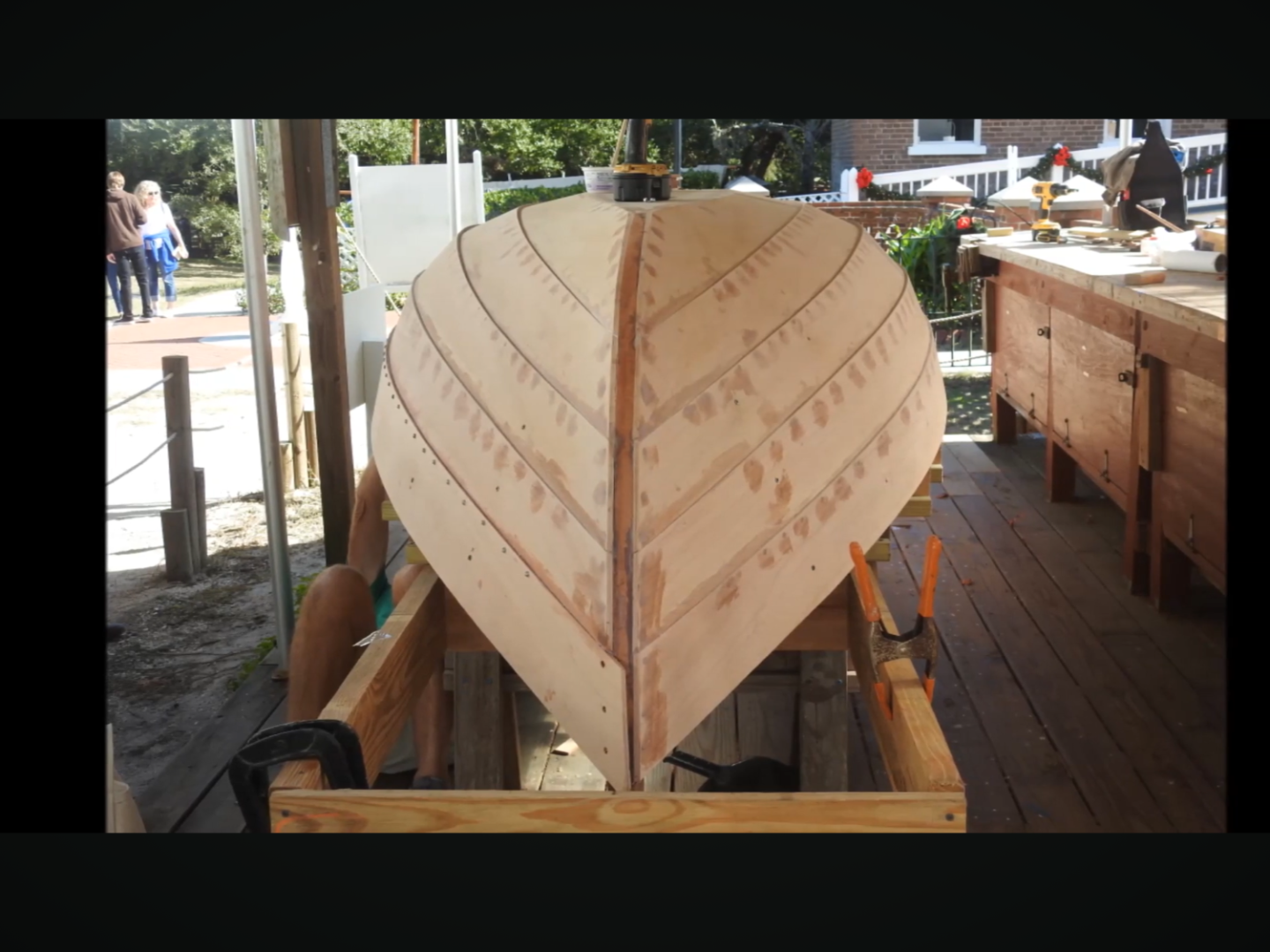
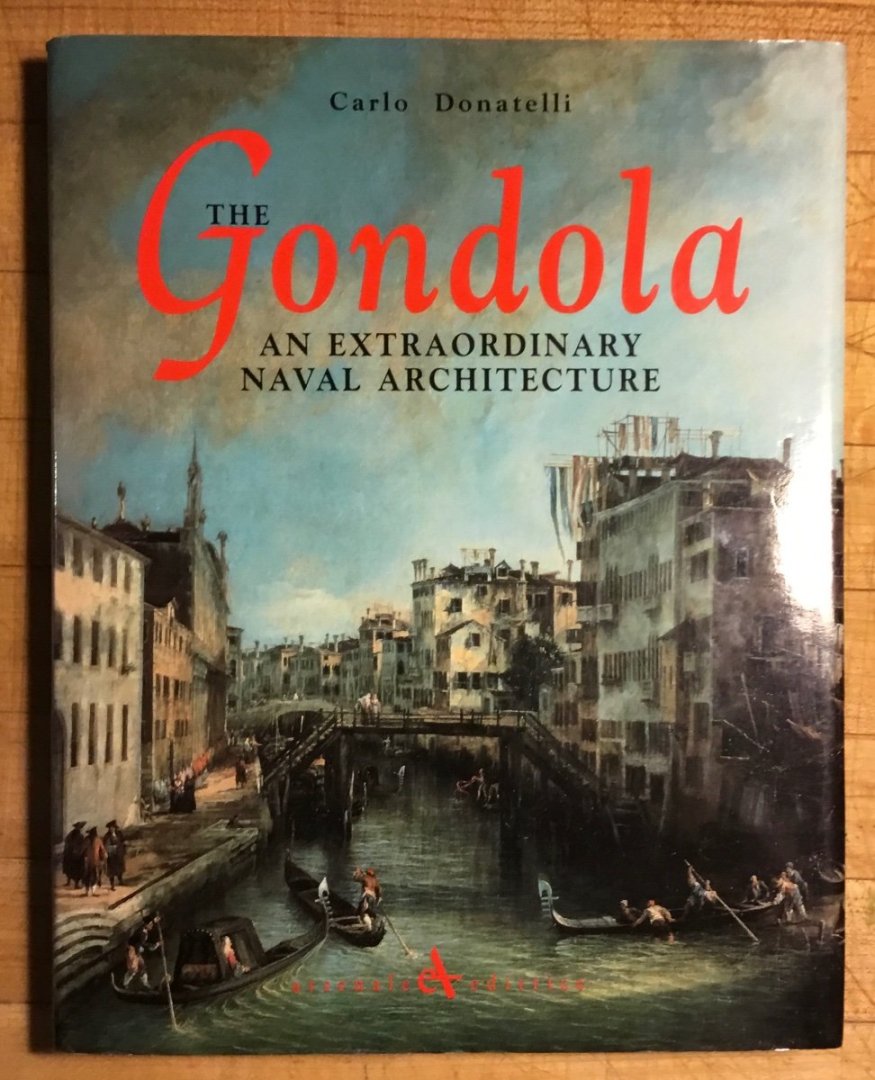
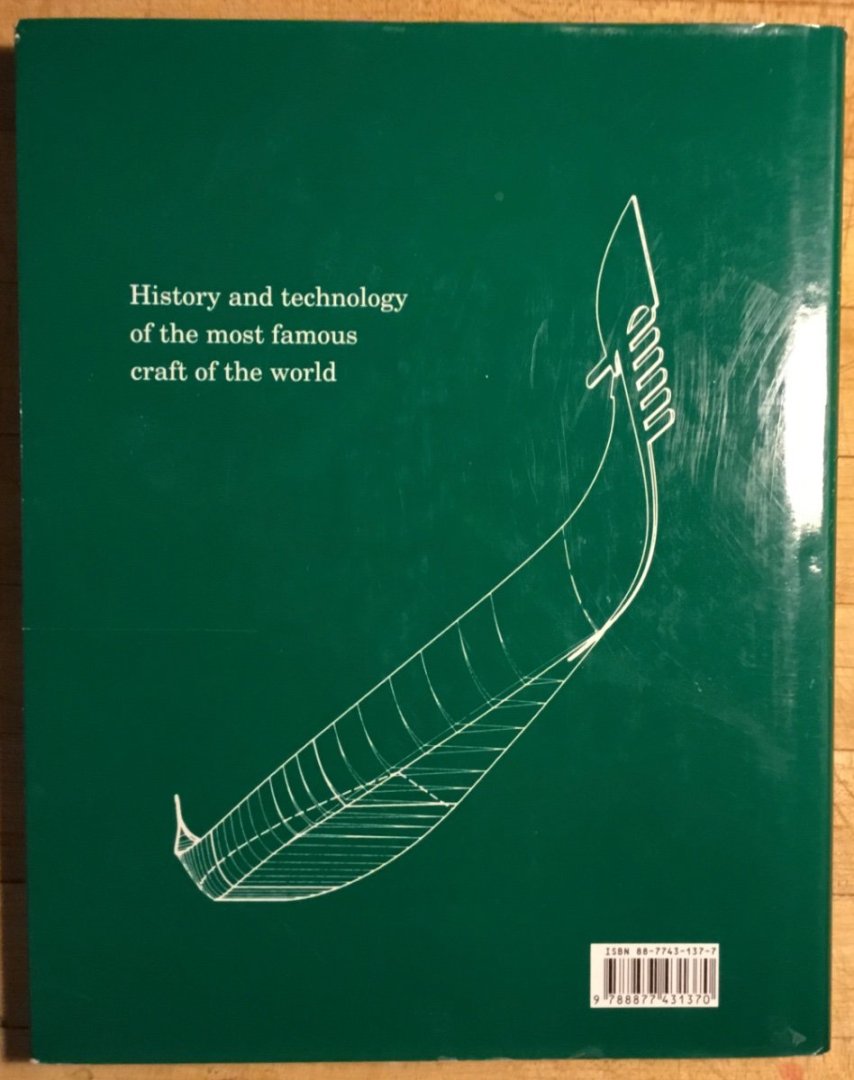
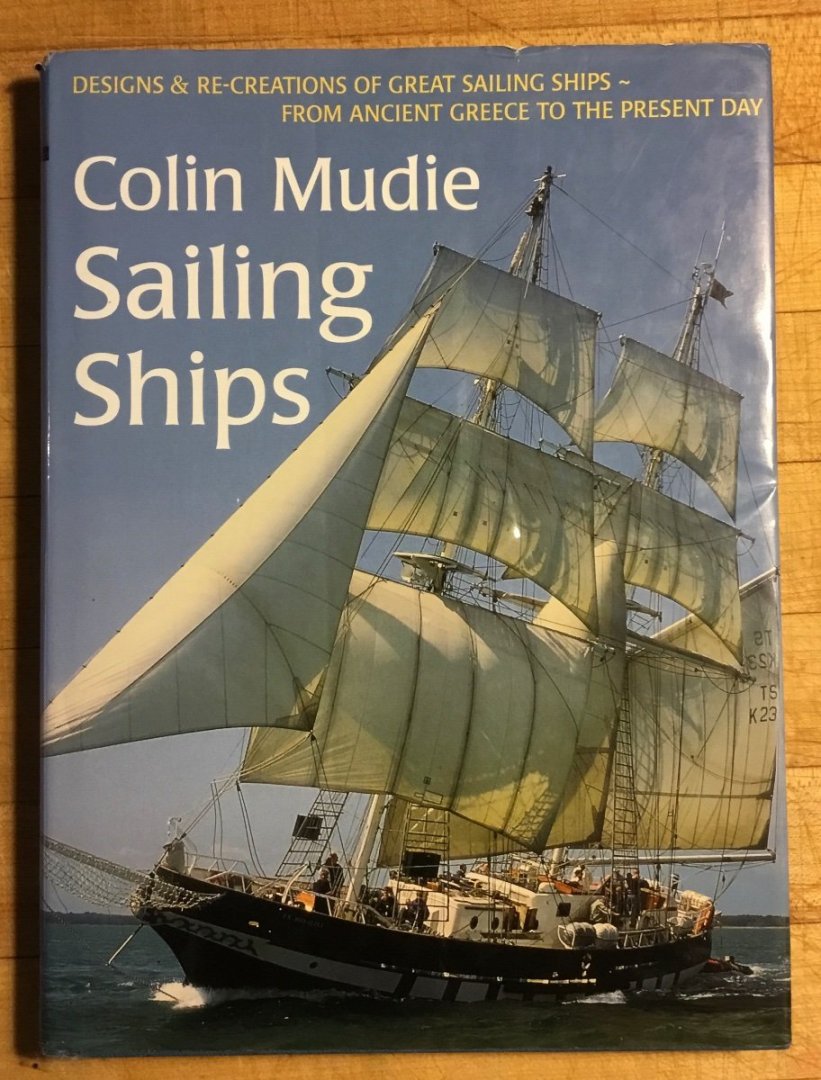
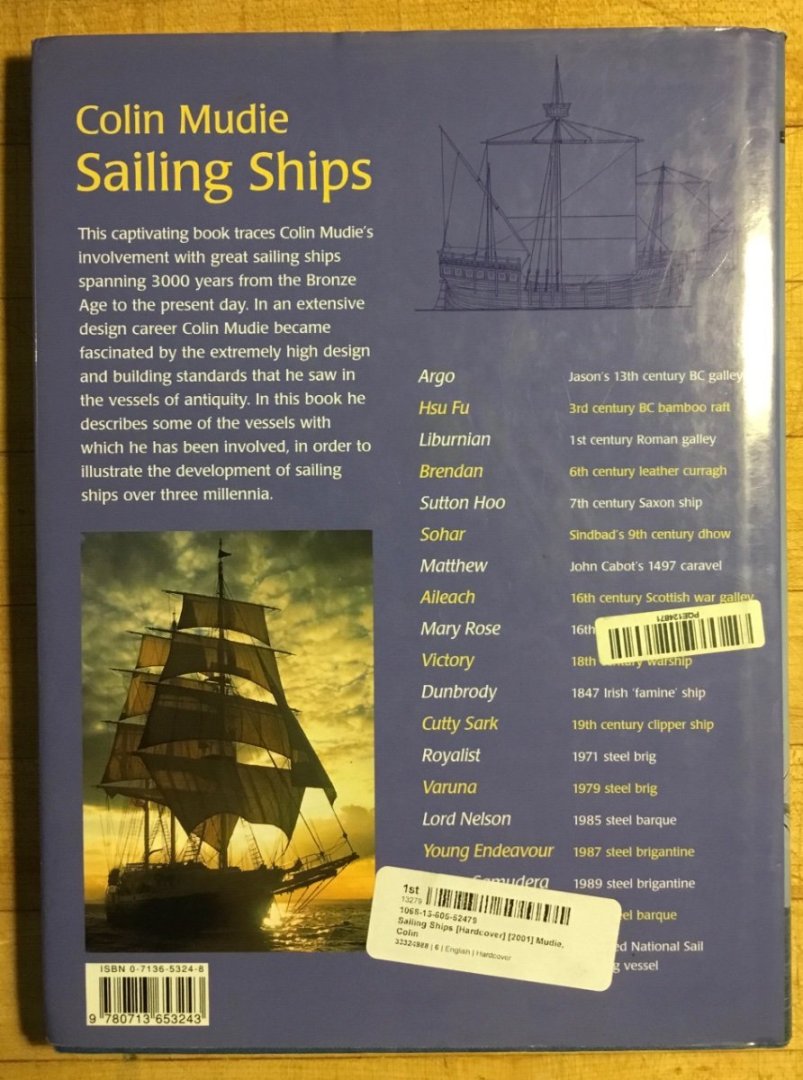
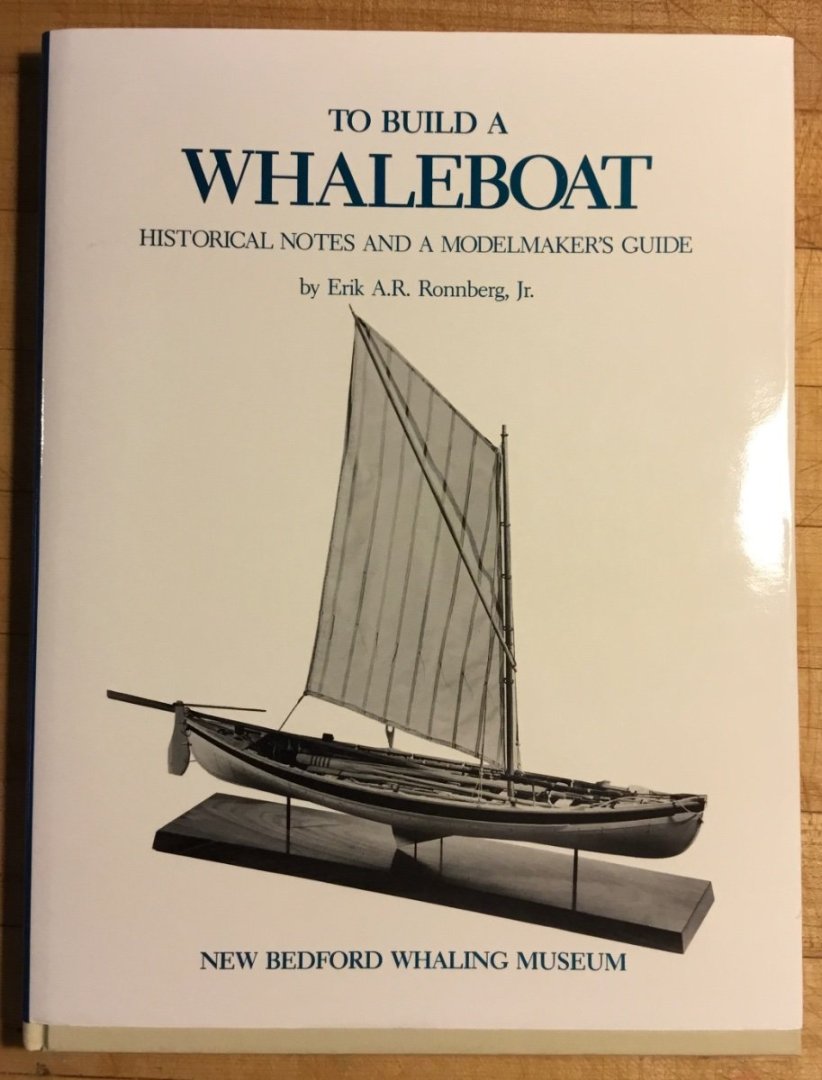
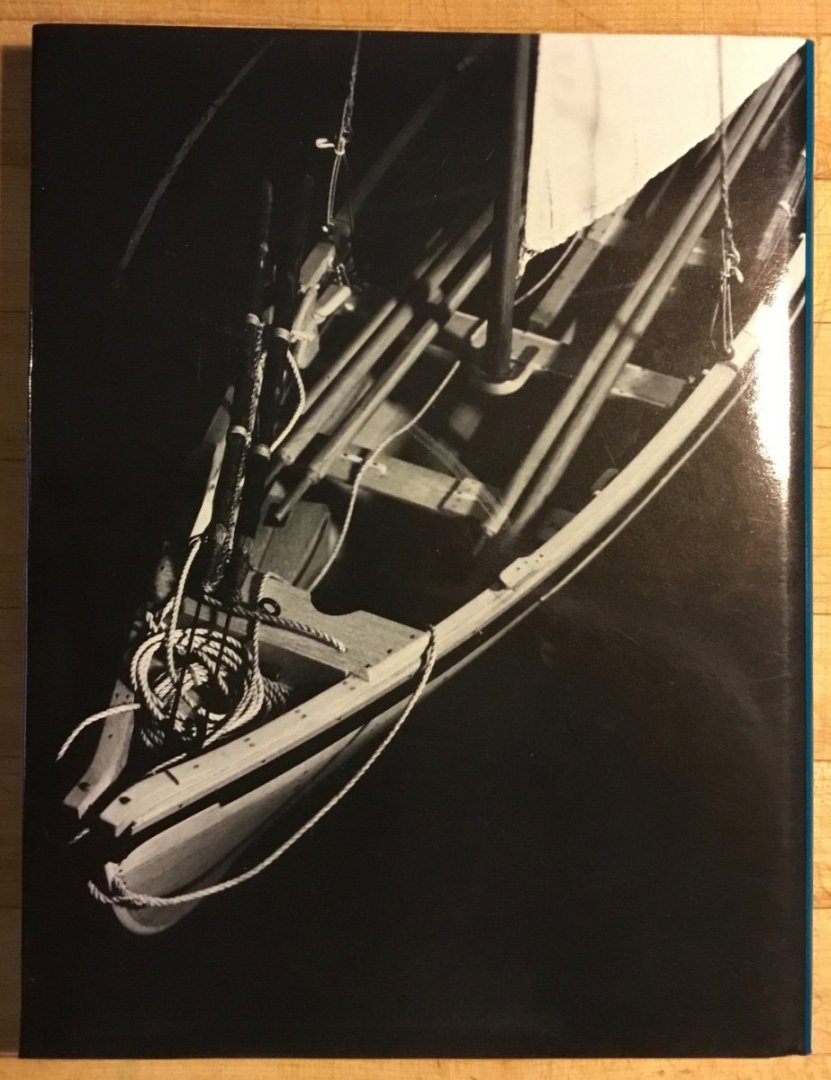
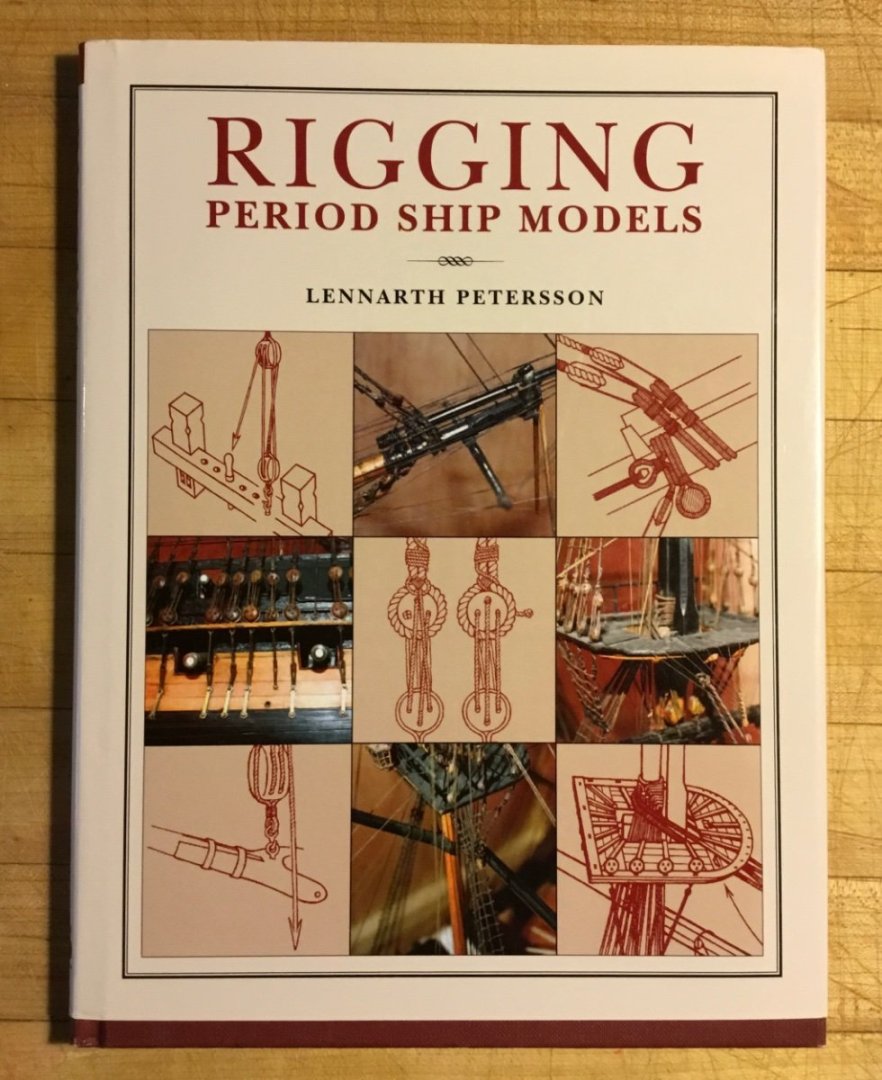
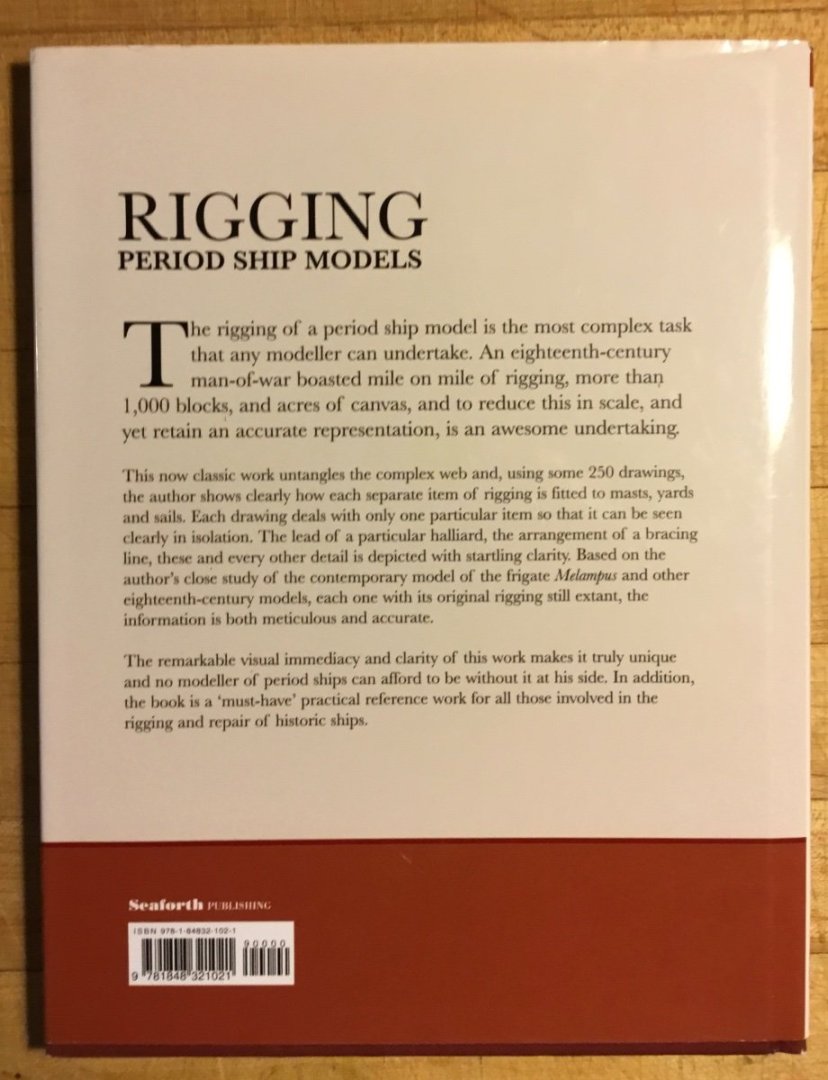
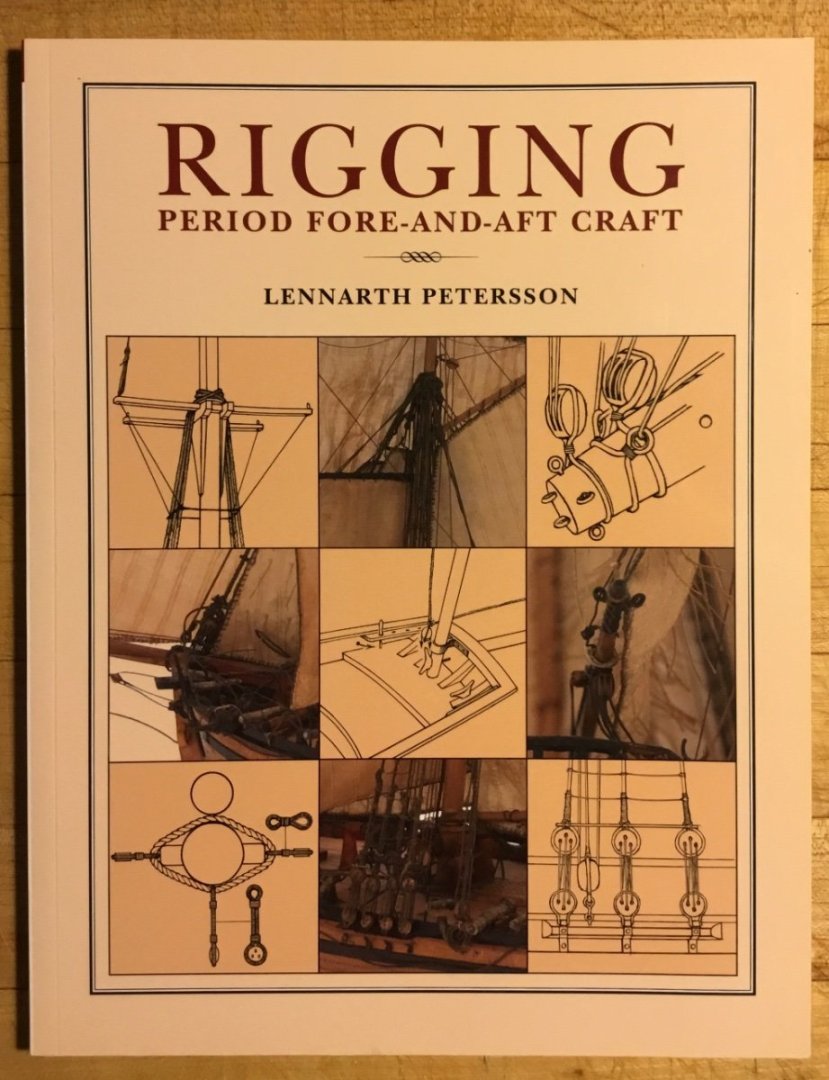
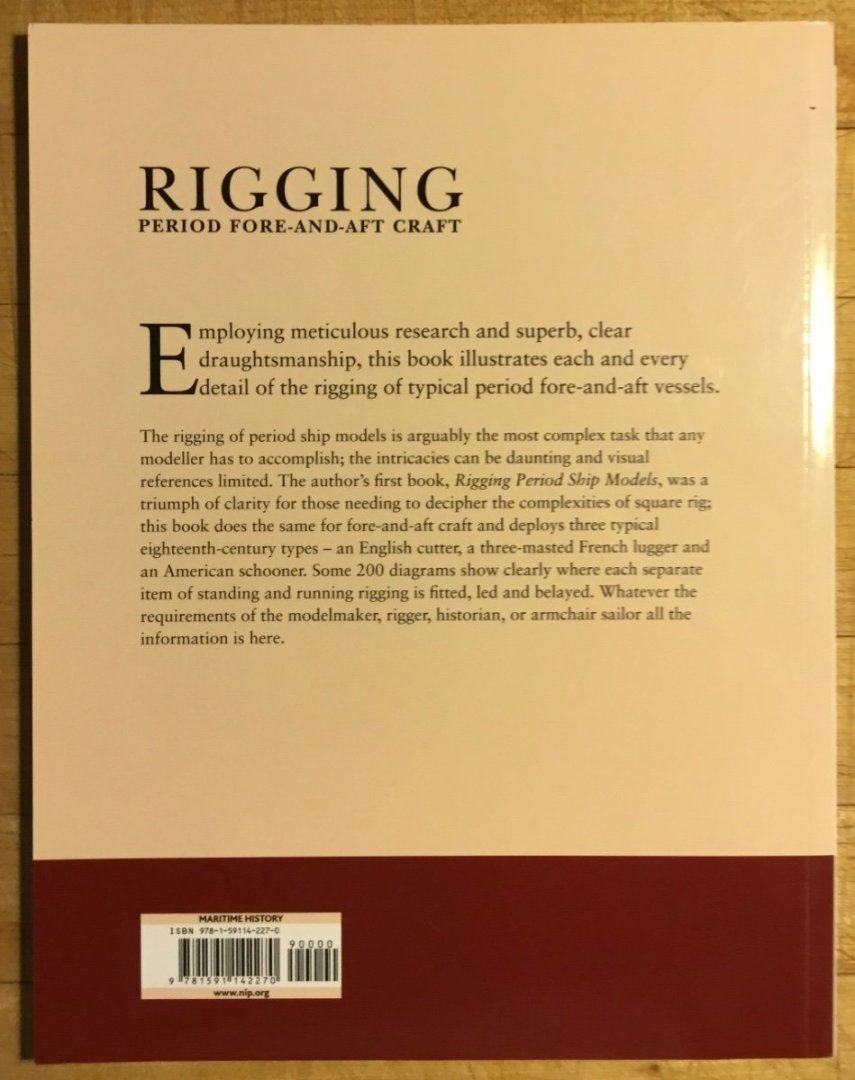
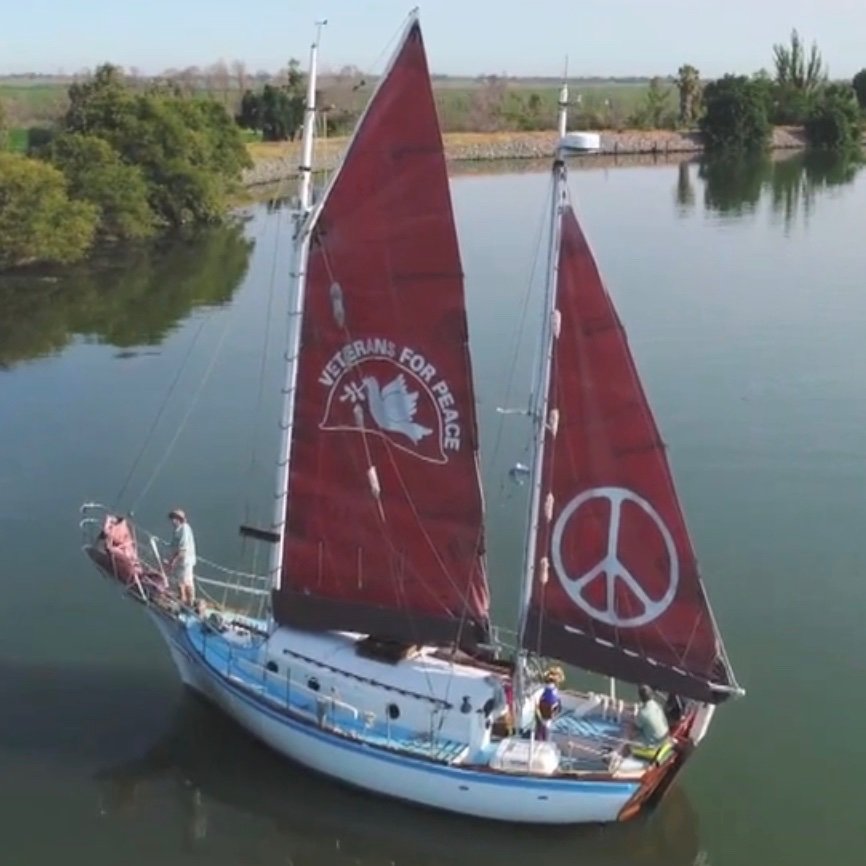
KOGGE van Tartane-schaal by tartane - FINISHED - 1:87 - reconstruction
in - Subjects built Up to and including 1500 AD
Posted
I appreciate and admire what you are trying to accomplish with this model, because I model small open boats with some sort of historical significance, many of which do not have published plans. You are creating something special from scratch, based on lots of research and considerable ingenuity. Excellent work!
james